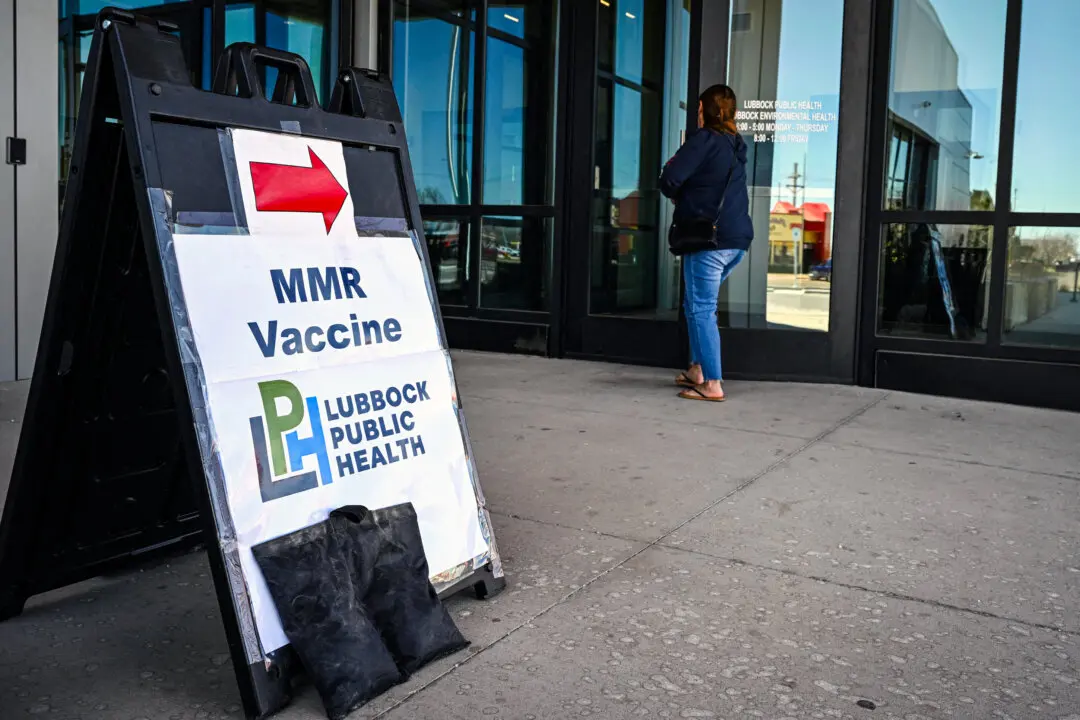Heart failure and even death have occurred among people who received a COVID-19 vaccine, according to a new study.
Six people across the four Nordic countries died from myocarditis, a form of heart inflammation, within 90 days of hospital admission after being vaccinated with a messenger RNA (mRNA) vaccine, researchers reported. Twenty-two vaccinated people were diagnosed with heart failure within 90 days of hospital admission with myocarditis.






